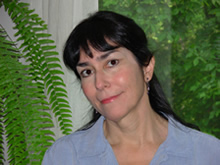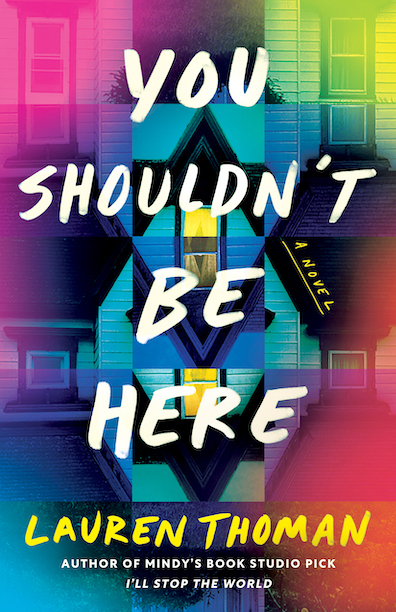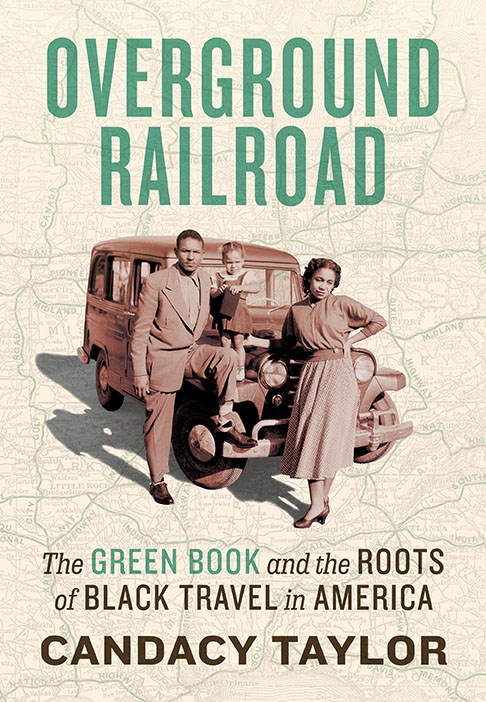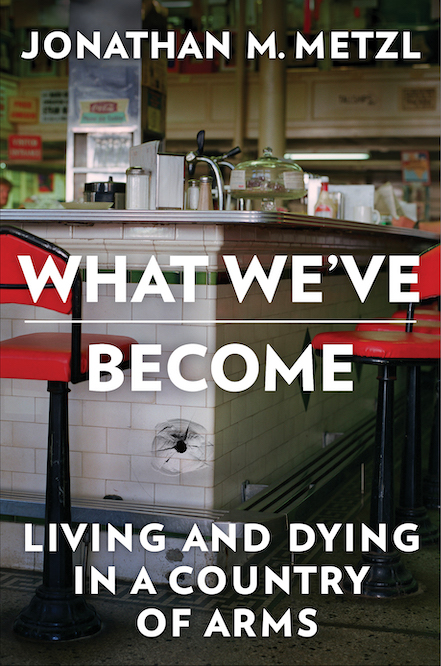Sisters Under the Skin
In a new collection edited by Lorraine López, women writers speak across the boundaries of class
The eighteen contributors to An Angle of Vision: Women Writers on Their Poor and Working-Class Roots are a multicultural group: black, white, Native American, Asian, Latina, lesbian, straight—and that’s not even a complete list of their declared identities. But for all the writers’ apparent diversity, the personal essays in this collection reveal them to be sisters under the skin. Americans don’t like to acknowledge the profound, lingering influence of class, but the stories that Vanderbilt professor Lorraine López has collected in An Angle of Vision describe a set of experiences shaped by poverty that is shared across all boundaries of color and community. Feelings and memories echo so insistently throughout the book that the writers seem almost to be speaking with a single voice.
 One of the feelings that crops up most often is shame. In her essay, “Stubborn Girls and Mean Stories,” Dorothy Allison writes that Americans regard poverty as “shameful, contemptible, and somehow oddly deserved.” Good liberals who inhabit the middle-to-upper rungs of the social ladder might take issue with her assertion, but there’s no question that many of her fellow contributors feel stained by poverty. An Angle of Vision features such prominent writers as Joy Harjo, Sandra Cisneros, and Bich Minh Nguyen—successful women by any standard, and yet they speak again and again of being humiliated by their origins.
One of the feelings that crops up most often is shame. In her essay, “Stubborn Girls and Mean Stories,” Dorothy Allison writes that Americans regard poverty as “shameful, contemptible, and somehow oddly deserved.” Good liberals who inhabit the middle-to-upper rungs of the social ladder might take issue with her assertion, but there’s no question that many of her fellow contributors feel stained by poverty. An Angle of Vision features such prominent writers as Joy Harjo, Sandra Cisneros, and Bich Minh Nguyen—successful women by any standard, and yet they speak again and again of being humiliated by their origins.
Lorraine López, who was raised in a family so poor that an apartment in the projects was an unreachable dream, feels a certain stigma even today, with a faculty post at Vanderbilt University and three books to her credit. “I spend a lot of time watching others, being silent and circumspect, concentrating my attention on not slipping up and not being detected for what I am,” she writes. Joy Castro, who wrote an award-winning memoir, The Truth Book (2005), recounts a pair of editors “breaking into gales of laughter” when she told them about the blue- and pink-collar jobs that support her extended family. Their laughter leaves her “confused and embarrassed,” but her insecurity won’t quite let her object to it. “I smiled along gamely,” she recalls, “feeling ashamed for my cousins, who surely did not know, as I had not, that their hardworking lives and labor were a matter for mirth.”
Lorraine López, who was raised in a family so poor that an apartment in the projects was an unreachable dream, feels a certain stigma even today, with a faculty post at Vanderbilt University and three books to her credit. “I spend a lot of time watching others, being silent and circumspect, concentrating my attention on not slipping up and not being detected for what I am,” she writes.
Most of the writers also speak of estrangement from family and friends who don’t share their ambitions or their success. Castro describes the flip side to the sense of inferiority that kept her grinning along with her editors when she writes about feeling “uptight, a snob” because she can’t laugh at her family’s crude jokes. “I don’t fit anywhere,” she writes. Those words are the classic lament of individuals who migrate across class borders, and, in the case of these writers, the borders are as much about education and cultural sophistication as they are about money. Judy Owens, who grew up in rural Kentucky, says simply, “My education severed me from my family.” The fact that their education is often put in the service of writing about the sadder facts of their own histories doesn’t help. In her introduction to the book, López observes that loved ones “can feel affronted or hurt by our writing about class, interpreting our observations as accusations or criticism.”
So why write? Why work at hurdling the barriers of class and culture if there’s such a high personal price to pay? López speaks of “a desire for transcendence,” a need to capture a vision of the world and transform raw experience into art. That’s a motivation all writers share, but the hardships and social invisibility of poor and working class women give them an especially powerful need to bear witness, to be heard. Dorothy Allison writes “to make peace with the violence of my childhood,” but she also believes that the point of writing is “to join the conversation.” According to Joy Castro, “To be a writer is to claim a voice, a hard thing for anyone schooled to silence.”
An Angle of Vision is a collective claiming of voice, and it’s very effective, largely because the women write so personally about their work and their lives. The project was conceived as an examination of class and gender, but there’s precious little in the way of sociological analysis or pontificating. Most of the essays are essentially pure memoir, often beautifully written, giving readers a real sense of the lived experience of these women. They write from their class struggles, not about them. The essays in this collection offer inspiration for those who share the same struggles, and for all of us they provide an opportunity, in López’s words, “to glance in the window at other choices, other lives, other sorrows, and other triumphs.”
[This review appeared originally on January 6, 2010.]
Lorraine Lopez will appear at the twenty-fifth annual Southern Festival of Books, held in Nashville October 11-13. All festival events are free and open to the public.


